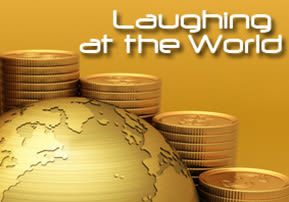
Laughing at the World
Rabbi Nachman had had the idea of taking his wife, traveling far away and living anonymously. He would go to the marketplace occasionally and laugh at the entire world…

Chambers of the Palace, Part 15
World of Folly
This world fools us completely. It makes a person think that he is constantly earning. But in the end he has nothing. Most people who work for years in business and trade in the end have nothing to show for it. Even if a person does accumulate money, it is taken away from him.
A man and his money cannot remain together. Either the money is taken from the man, or the man is taken from the money. But one never finds that a person remains together with his money.
Also, where is all the money that has been earned since the creation of the world? For all of creation, people have been making money. And where is it all? The truth is that money is nothing at all. (Sichot Haran 51)
The Harvest of Tainted Wheat
Once, a king told his friend, the prime minister, “As an astrologer, I see that whoever eats any of the wheat that grows this year will go mad. Let us think of some solution.”
The prime minister answered, “Let us have some of last year’s wheat set aside for us so that we will not have to eat the tainted grain.”
The king replied, “If we do this, we alone will be sane in a mad world. Then it will be as though we are the ones who are mad and the others sane. But it isn’t possible to set wheat aside for everyone either. So we will also have to eat the tainted wheat. But we shall make a mark on our foreheads, so that when we look at each others’ foreheads, we will know that we are mad.”
One cannot be in the world without taking its illusions to be reality. Even the tzaddik must enter this-worldly reality for the purpose of helping others. But the tzaddik and his followers form a community in which they can remind themselves that this-worldly reality is illusory. Just as the follower needs the tzaddik to do this, so does the tzaddik need the follower. (Avanehah Barzel, p. 27)
It Were Better Not to Have Been Created
“Our sages said that “It were better for a person not have been created” (Eiruvin 13b). Also, the verse says, “Better than both [those alive and those who have died] is the one that still has not been” (Ecclesiastes 4:3).
This is extraordinary. If this is so, why was man created?
These words only refer to this world. People suffer so many sorrows and troubles in this world that it would have been better if they had not been created.
But when one takes into account the world-to-come, it is better that people were created, for one can come to the ultimate purpose.
As for this world, “better is one hour of repentance and good deeds in this world than the entire life of the world-to-come” (Avot chapter 4).
This world has justification and joy only insofar as it connects to the world-to-come. But if only this world existed, it would have been better that it had never been created. (Likkutei Moharan 39)
To Laugh at the World
Rabbi Nachman told someone that he had had the idea of taking his wife, traveling far away and living anonymously. He would go to the marketplace occasionally and laugh at the entire world. (Chayei Moharan II, p. 10, #19)
Hidden in a Fist
The evil inclination is like a person who runs among people with his hand closed. No one knows what he is holding. He holds out his hand and asks everyone, “What am I carrying?’
Everyone imagines that this person is carrying what he desires.
Everyone runs after him, for everyone believes that he is holding what one wants.
Then the man opens his hand at last, and there is nothing there.
The desires of this world are like sunbeams shining into a house. People want to grasp them, but they grasp nothing. (Sichot Haran 6)
Do Not Let the World Fool You
Do not let the world fool you. There is no one whom this world brings to a good end. All those who held the entire world in their hands came to a bad end, and they even ruined things for generations to come. Even non-Jews know this.
This is because there is no this-worldly reality.
What does one have to do? One needs mercy from heaven to know what one must do.
But a Jew doesn’t need this. A Jew already knows what to do from the Torah.
When one realizes that this-worldly reality is illusory, one is faced with the dilemma of how to conduct oneself. Only a supernatural consciousness that surveys this reality from the outside can inform a person the proper way to act—“one needs mercy from heaven to know what one must do.”
But a Jew already has the Torah. The Torah informs a Jew how to act in an ultimately meaningful way in this physical world. (Sichot Haran 51)
A Little Coin Before the Mountain
The world stands before a person’s eyes and keeps him from seeing the light of the Torah and the tzaddikim, a light that is greater than the world by thousands and tens of thousands of degrees. But if a person turns his eyes and lifts his head and looks higher than the barrier of this world, he will see the great light of the Torah and tzaddikim.
This world is like a little coin that is before one’s eyes and blocks out a great mountain. One can easily move the coin aside and see the mountain. (Likutei Moharan II, 119)
“This World” Does Not Exist
Rabbi Nachman spoke with us a number of times about the suffering of this world. He said that everyone in this world is filled with suffering, and that there is not one person who has this world.
Even the richest people, even the leaders, do not have this world.
All their days are filled with anguish.
They are all filled with troubles, worries and depression. Each one has his own troubles.
Not one lord or minister has everything the way he wants it at every moment.
All these people are filled with constant trouble and worries.
This is clear to anyone who knows anything about them and their lives.
Even if it appears that someone has this world with its pleasures of wealth, honor, palaces, beautiful things, jewelry and fancy clothing, a clear look will reveal that he too is filled with a great deal of trouble and worry.
Everyone says that there is this world and the world-to-come. We believe in the world-to-come and it is also possible that a “this world” exists some place. But we see that our existence here is in purgatory, because everyone here is filled with great suffering all the time. There is no “this world” at all.
Because this world in itself has so many troubles, because all joys that have no transcendental aspect cannot give a purposeful delight, and because the most trouble-free existence is filled with many worries and pains, this world, denuded of any transcendental significance, is a world that has so much pain that it could be called purgatory. As for a “this world,” a world in which one neither suffers nor enjoys bliss, that is a neutral environment that does not exist. (Likutei Moharan II 119)
***
Writer, translator, and editor Yaacov Dovid Shulman can be contacted at: yacovdavid@gmail.com





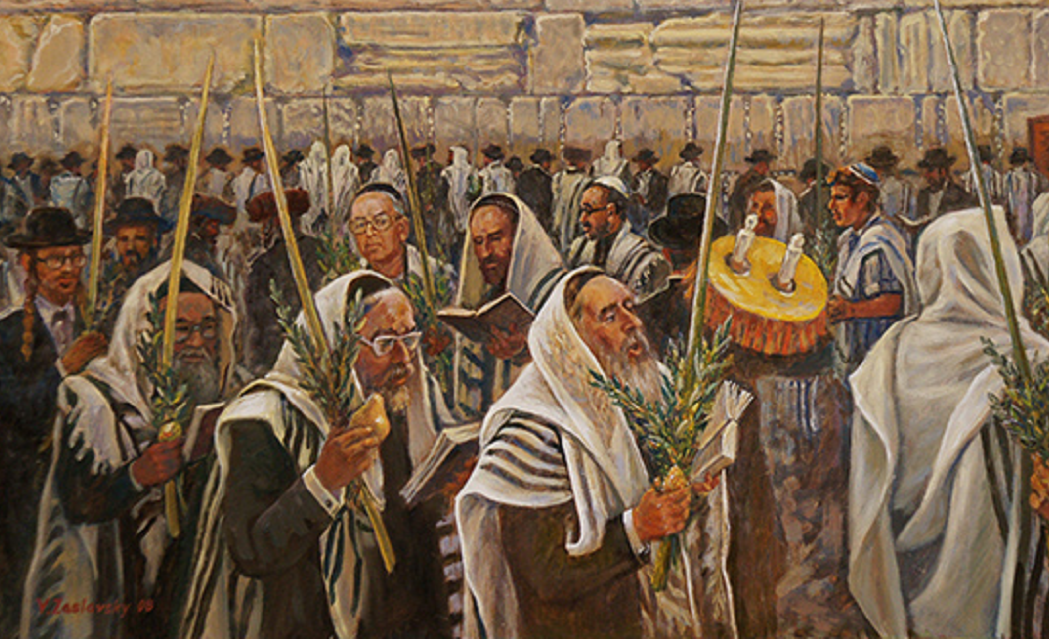
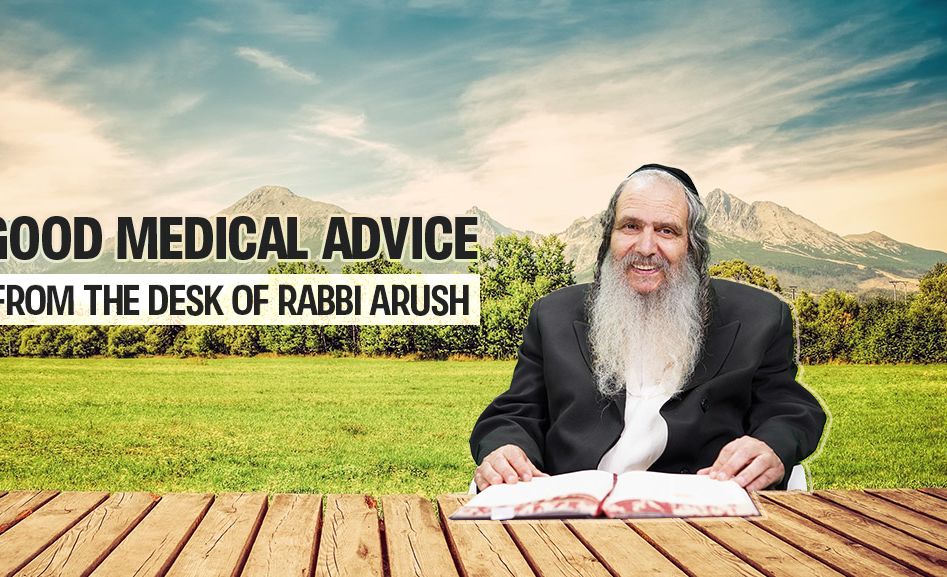
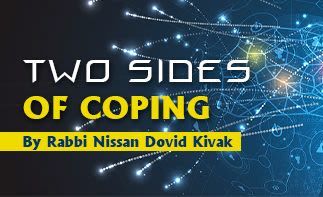
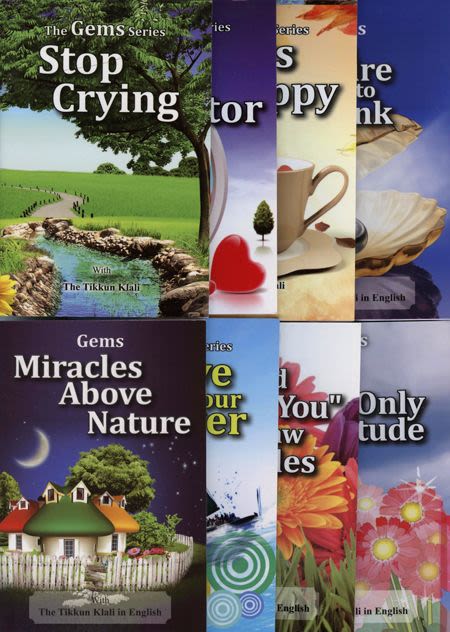

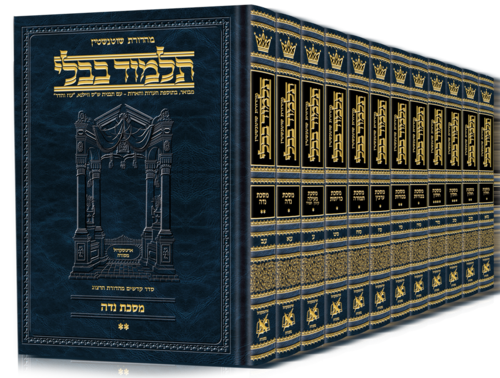

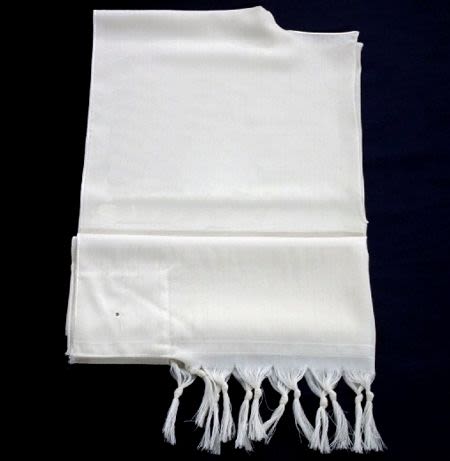
Tell us what you think!
Thank you for your comment!
It will be published after approval by the Editor.